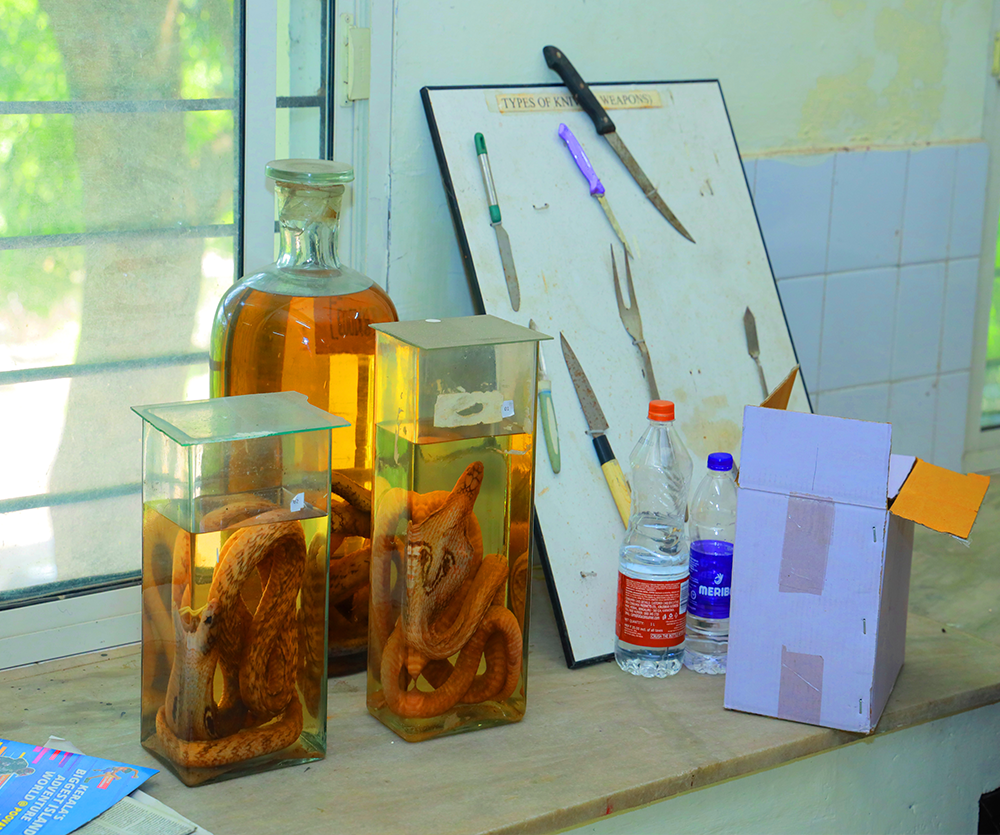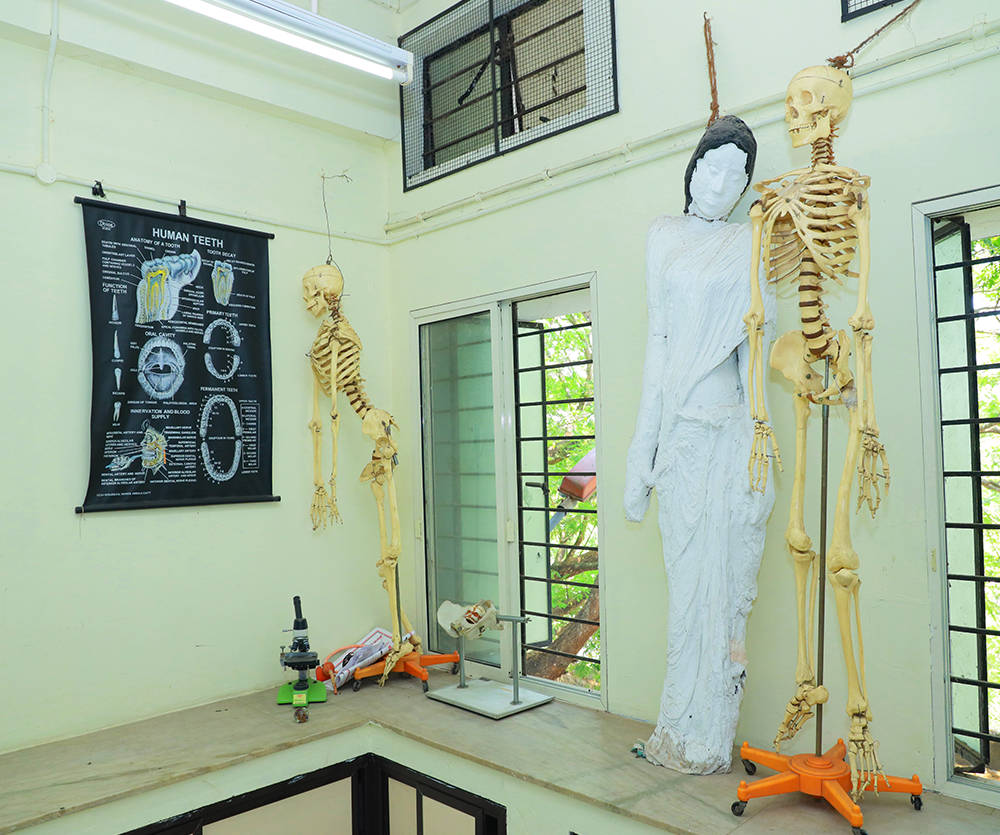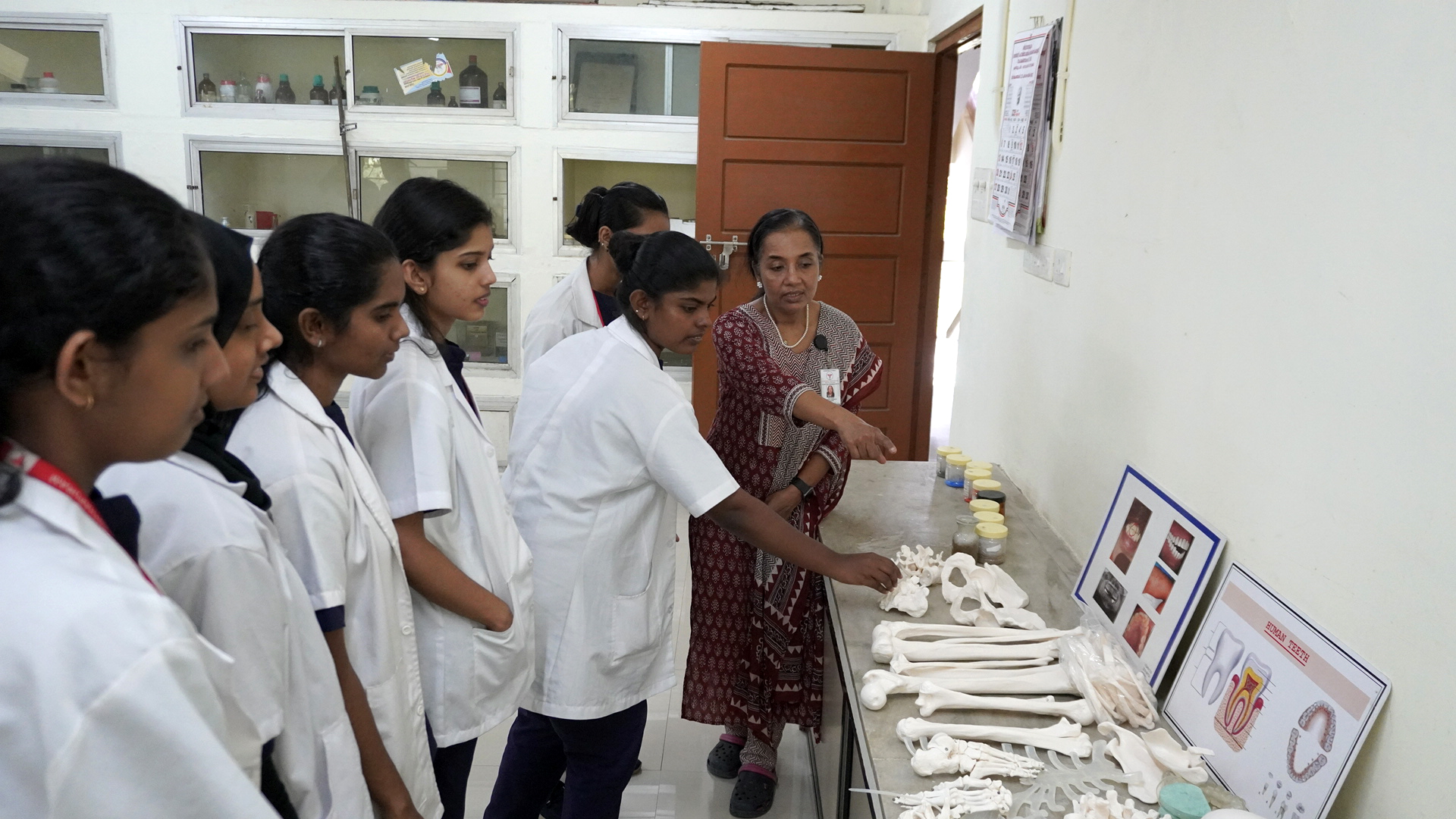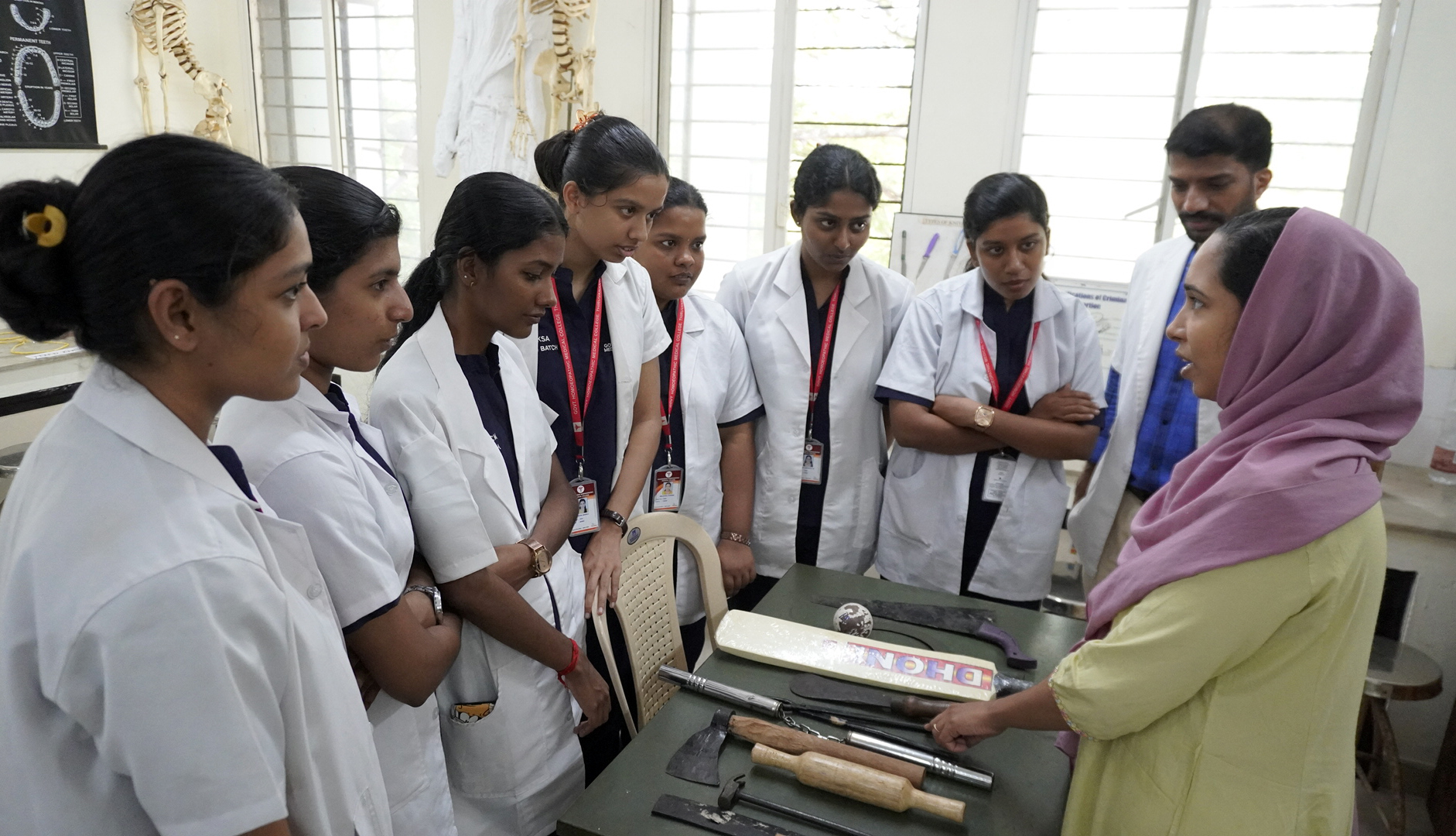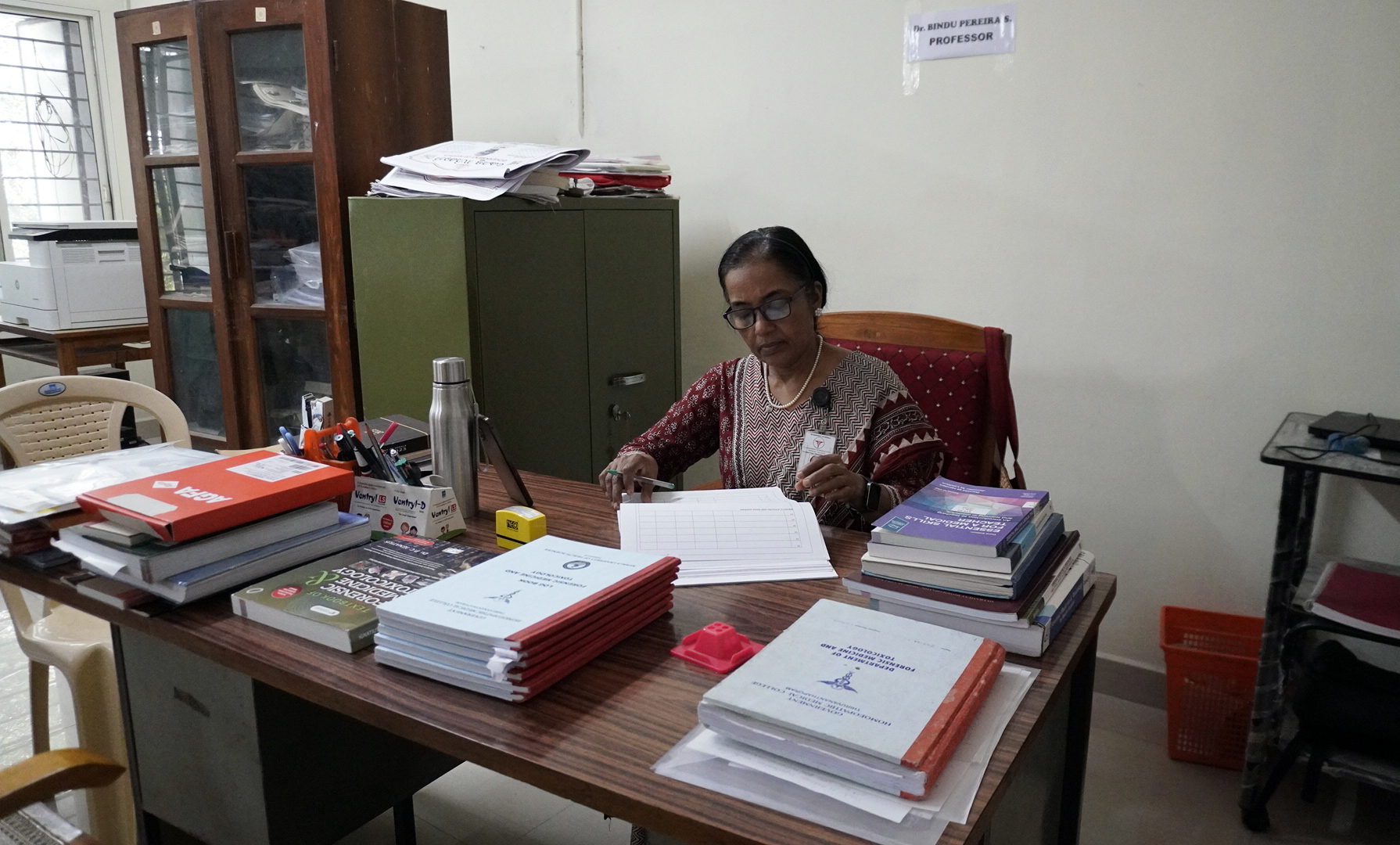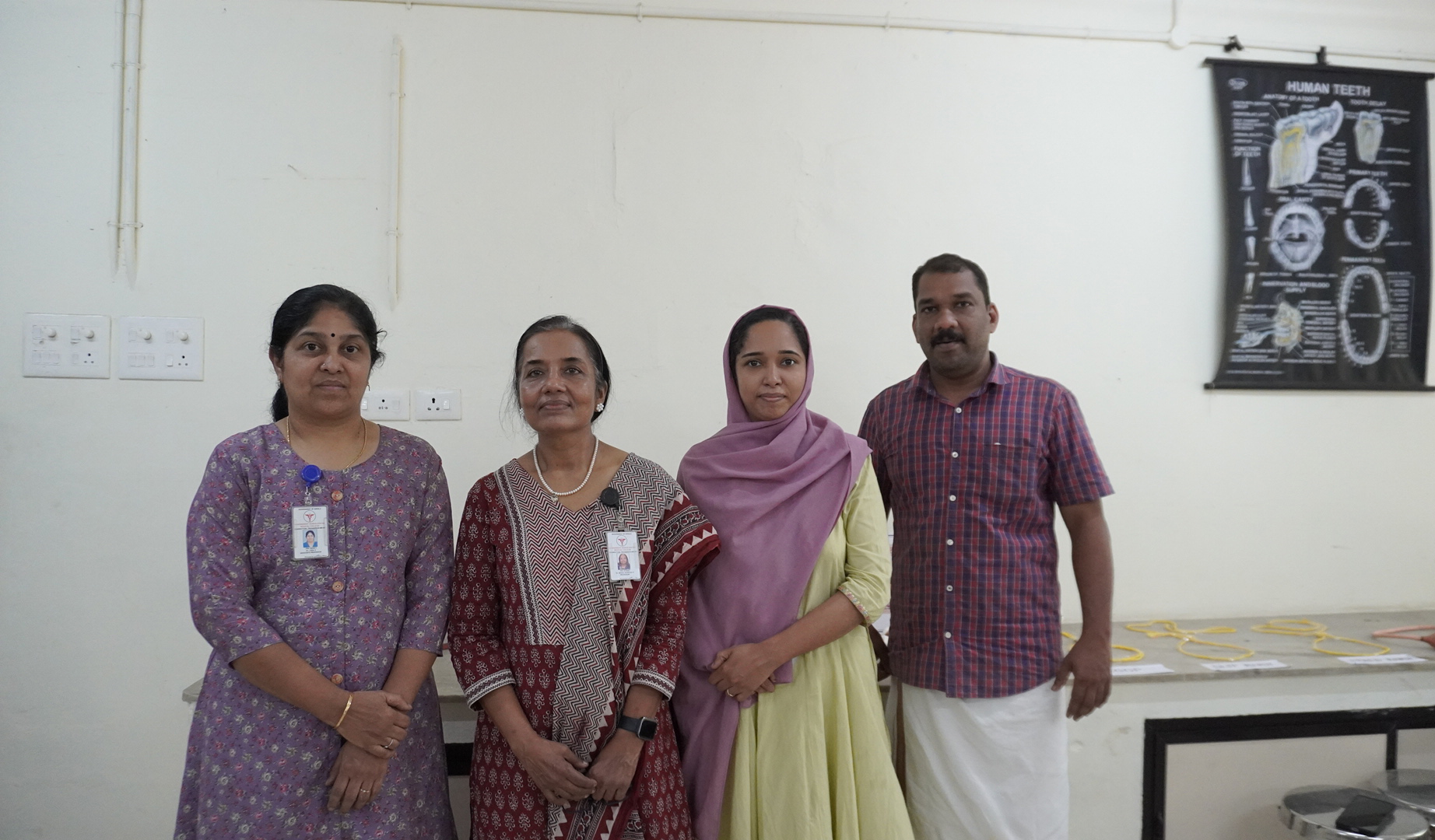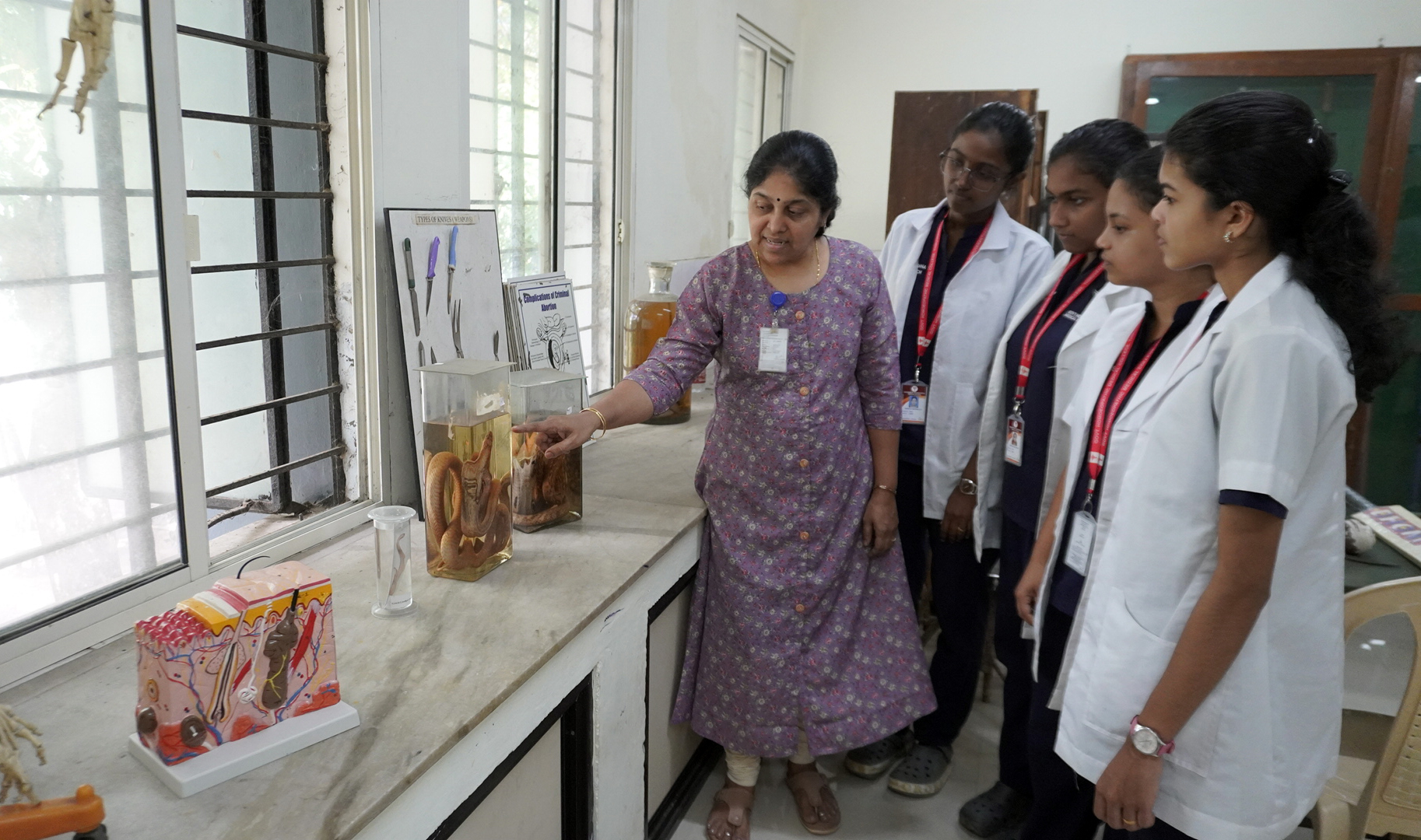Department of Forensic Medicine & Toxicology
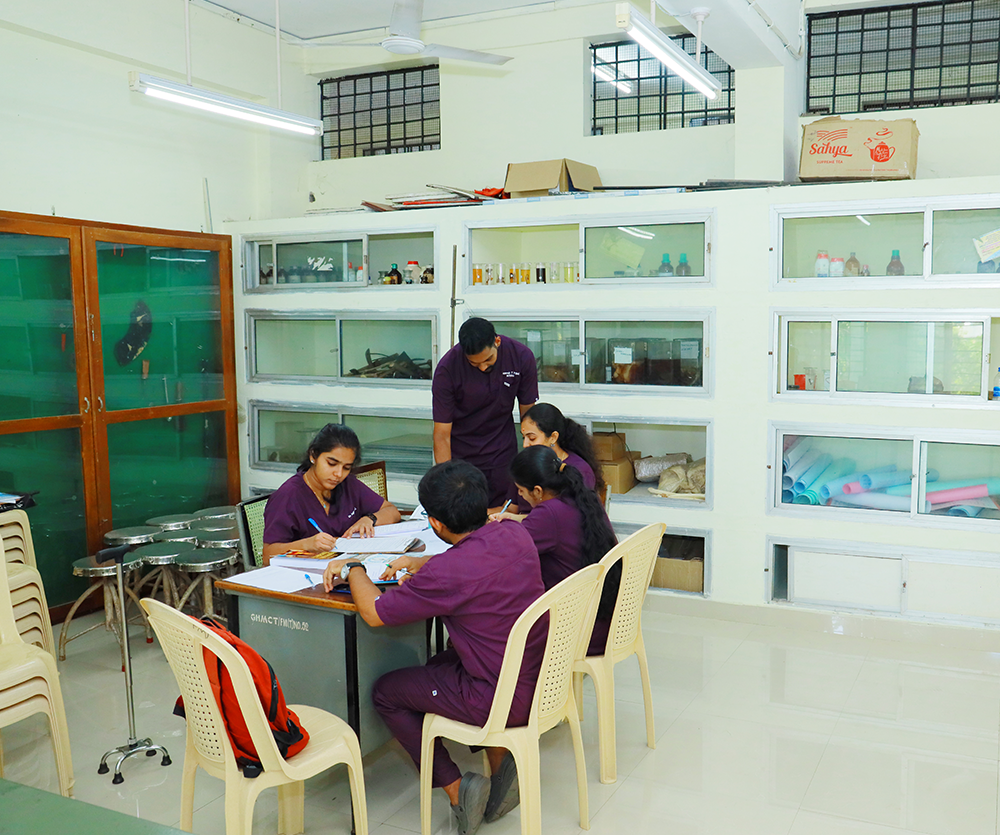
The Department of Forensic Medicine functions with the objective of making the students competent enough to identify the medico legal aspects of medical practice, identify and carry out the medico legal responsibilities in relevant situations while maintaining the code of medical ethics. To diagnose, manage/refer acute poisoning cases including household poisons and chronic poisoning.
Vision
The vision is to provide excellence in medical education pertaining to the subject of Forensic Medicine & Toxicology to handle medico legal issues arising in clinical practice.
Mission
The fresh Homoeopathic graduate is well informed about the medicolegal responsibilities in practice of medicine and capable of arriving at logical conclusions from the various circumstances related to practice. To possess a sound knowledge of law in relation to medical practice, medical negligence, and respect for code of conduct.
Program offered
| Course | BHMS |
| Subject | Forensic Medicine & Toxicology |
| Year of study | II BHMS |
| Duration | One year |
| Final university Examination (FUE) | At the end of second year. |
| Paper (Theory) | One |
| Maximum marks | 100 |
| Time allotted | 3 Hours |
| Practical - Maximum Marks | 50 |
Teaching Faculty
Faculty Name | Designation | Qualification
| Experience |
|---|---|---|---|
Dr. Bindu Pereira S. | Professor | BHMS, MD (Hom)
| 17 Years |
Dr. Uma V. | Associate Professor | BHMS, MD (Hom) | 17 years |
Dr. Jaseela C. | Asst. professor | BHMS, MD (Hom)
| 3 months |
Facilities available for student training
Museum cum Demonstration room A good collection of Dry and Wet specimens, sharp, blunt and pointed weapons and chemicals and charts and models.
Department Library including books on Forensic Medicine, Clinical subjects, and Law Books for reference.
5 days of posting for junior doctors during Internship duty
Best practices
1. Conduct interactive sessions, group discussions and taking remedial measures for the needy.
2. Conduct frequent formative assessments and feed backs to students.
3. Practice in certificate writing case based and problem based.
4. Role plays to reinforce the understanding of key concepts.
5. Visits to view Autopsy, Court Room Procedures and Finger Print Bureau
6. Routinely taking feedback from the students.
